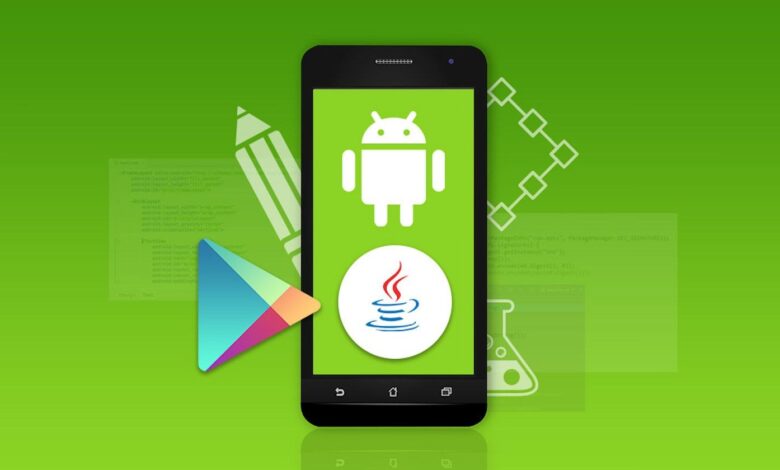What type of mobile app will you choose to develop?

What type of mobile app will you choose to develop?
Mobile apps in this digital-first world have completely transformed the way we live, work, and connect. They’ve become essential tools for everything from communication and entertainment to business and productivity. Whether you’re checking your bank balance, streaming your favourite show, or running a company, there’s an app for it.
For businesses, having a mobile app isn’t just a nice-to-have—it’s often a key part of staying competitive. And whether you’re building it yourself or working with mobile app development company, creating the right app can open new opportunities and help you reach your audience more effectively.
Native Apps
Native apps are designed to run on just one platform—either Android or iOS. Developers use languages like Swift for iOS or Kotlin/Java for Android to build them.
Pros: They’re super-fast, feel smooth to use, and offer the best overall experience for users.
Cons: They can be expensive and take longer to build because you’ll need separate versions
for each platform.
Best for: If you’re aiming for top-notch performance—like with gaming apps, finance tools, or social media platforms—native apps are the way to go. An experienced app development company can help you get the most out of this approach.
Hybrid Apps
Hybrid apps mix web and native features. They’re built using web languages like HTML, CSS,
and JavaScript, but they run inside a native wrapper so they can work on both Android and iOS. Pros: They’re quicker to build, budget-friendly, and can launch on multiple platforms at once. Cons: They might not perform as smoothly or quickly as fully native apps.
Best for: Ideal for startups or businesses that want to get their app out fast on both platforms. An experienced app development company can help you strike the right balance between speed and functionality.
Web Apps (Progressive Web Apps – PWAs)
Web apps are basically websites that behave like mobile apps. Instead of downloading them from an app store, users can open them right in their browser.
Pros: They’re affordable to build, don’t need app store approval, and are easy to update.
Cons: They have limited access to phone features and may not work well offline.
Best for: Great choice for e-commerce sites, content platforms, or any service aiming to reach a broad audience without the hassle of app store submissions.
Cross-Platform Apps
Cross-platform apps are built using tools like Flutter and React Native, which let you create a single app that works on both Android and iOS.
Pros: They save time, cost less to develop, and keep the look and feel consistent across devices.
Cons: They might not be quite as fast or fine-tuned as native apps.
Best for: Businesses that want to reach users on both platforms without doubling their development budget.
Enterprise Apps
Enterprise apps are built for internal use within a company. They help teams work more efficiently, improve communication, and automate everyday tasks.
Pros: Custom-built to fit your business needs and boost productivity.
Cons: Only used by employees and need regular updates and maintenance.
Best for: Medium to large companies that need secure, reliable tools for managing internal operations.
Game Apps
Mobile gaming is one of the most profitable segments of mobile app development. They can be anything from casual puzzles to complex multiplayer experiences.
Pros: Great for user engagement and can generate significant revenue.
Cons: It’s a competitive space and requires top-notch design and performance.
Best for: Developers or businesses looking to break into the entertainment world with something fun and interactive.
Final Thoughts
Picking the right kind of mobile app really comes down to what your business needs. If you want top performance and a smooth user experience, native apps are the way to go. If you’re working with limited time or budget, hybrid or cross-platform apps offer a smart shortcut. For internal company use, enterprise apps help streamline operations. And if your goal is to reach as many people as possible, web apps are ideal. Whatever you choose, mobile app development is a smart investment. With a clear plan, your mobile app can drive growth, connect with customers, and strengthen your brand long-term.
A well-developed mobile app can set you apart from competitors and keep users coming back.
It’s not just a tech tool, it’s a direct line to your audience’s daily lives.




